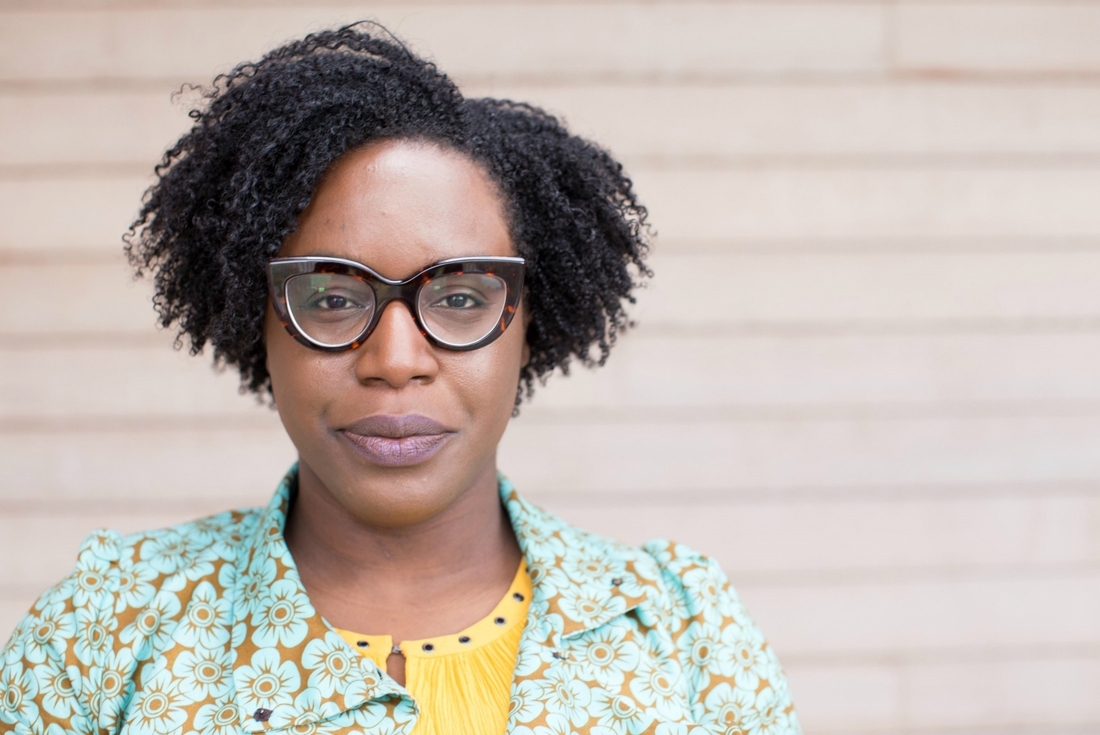
Photography by Emily Baxter

Photography by Emily Baxter
The Journey
My first memory of writing was practising my handwriting in a primer. We moved around a lot, so I think that was the only time I did so and my terrible handwriting reflects that. As for writing stories, somewhere in a landfill in Port Harcourt is a notebook with half-finished fairy tales retold in epic pages-long rhyming couplets that I wrote between ages 8-11. Also, shortly after we first moved to the States I talked my parents into signing me up for one of those correspondent courses, like those art institute things where they call you the next Picasso if you draw a bird, but instead you write a sentence. I stopped about halfway out of boredom. I mostly read which was probably to my benefit as I learned how to write by reading, though I didn’t know that was what I was doing at the time.
I eventually eschewed law school to study instead for an MFA in creative writing. The real work started after I graduated, when I realized how much my writing needed to improve. Then followed years of more reading, more learning, until I was able to produce the work that’s published now.
The Debut
I wanted to write a collection that was as varied as my interests and so the stories in the book range from realist fiction to science fiction and fantasy and the surreal.
In Who Will Greet You at Home, a National Magazine Award finalist for The New Yorker, a woman desperate for a child weaves one out of hair, with unsettling results. In Wild, a disastrous night out shifts a teenager and her Nigerian cousin onto uneasy common ground. In The Future Looks Good, three generations of women are haunted by the ghosts of war, while in Light, a father struggles to protect and empower the daughter he loves. And in the title story, in a world ravaged by flood and driven by class, experts have discovered how to "fix the equation of a person"—with rippling, unforeseen repercussions.
The Process
I'll usually have a phrase or a snippet of a scene that occurs to me, sometimes out of the blue sometimes inspired by something I've seen or read and then I start to construct the architecture around what makes this scene possible or what makes a snippet of a phrase interesting and it just sort of spirals from there. Occasionally, I'll just know what I want a story to feel like [Buchi's Girls was one of those] and the characters, the story, the words I use are all selected to match that feeling.
The Favourites
I always mess this up because I leave people out, but I can say that the last book I read that really stuck with me was The Golem and the Jinni by Helene Wecker.
The Future
I’m working on a novel titled The Children of Bones.
Text Soumya Mukerji